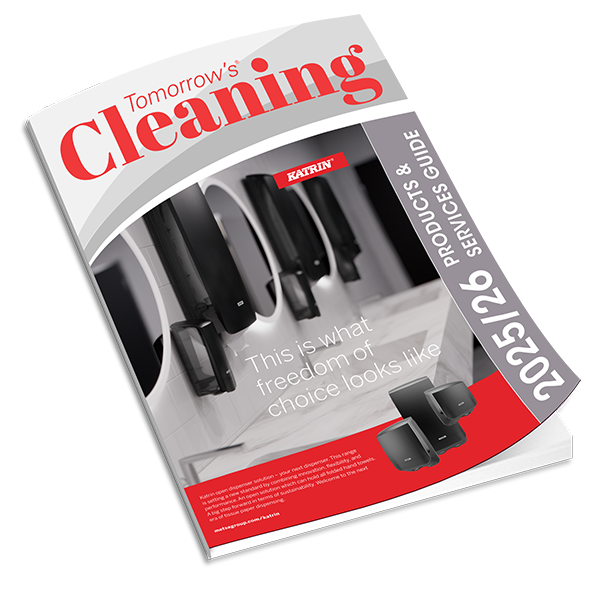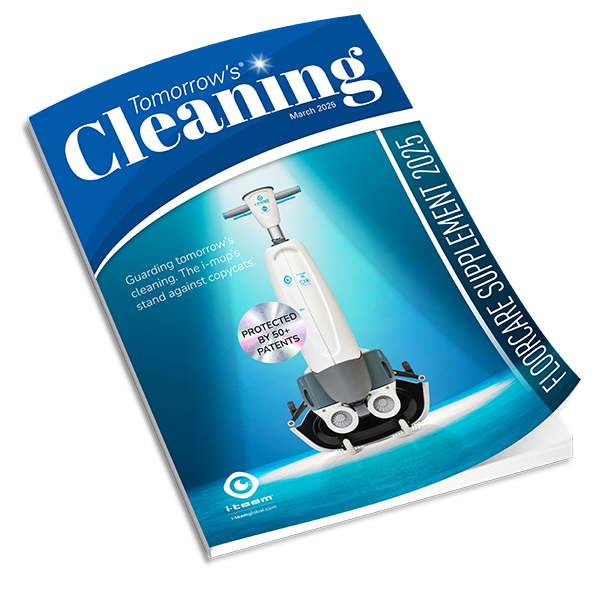To celebrate World Toilet Day (19 November), Bloo has revealed the ‘MOT Health Check Toilet’ of the future, to show its commitment to a more sustainable washroom.
Bloo commissioned British Futurist, James Wallman, to showcase how the washroom will evolve over the next 30 years, in particular how it will support sustainability and good health by 2050.
The future report revealed that by 2050, toilets will have sophisticated technology that will offer complete health check MOTs, helping people improve life longevity by anticipating harmful diseases and deficiencies from human waste. Results will be cleverly projected via a hologram in front of people’s eyes, with suggested lifestyle changes.
The toilet will support people’s immune systems by analysing the contents of the toilet bowl, to check vitamin and sugar levels, anticipate potential diseases, flag any deficiencies – and when a person needs a check-up at the doctor. In a truly dystopian touch, results will also be shared with people’s insurance companies to help lower (or increase) their rates, based on their lifestyle choices.
The MOT ‘Health Checker’ system will feature voice recognition, so people will effectively be able to talk with their toilet about their results.
The toilet seat will be able to check heart pulse rates and blood pressure from the electrical and mechanical of the heart taken from the seat itself. In regards to checking sugar and vitamin levels or for diseases and viruses etc, smart sensors in the toilet bowl will be able to check faeces and urine, and even urine flow.
The revelations come as Bloo, owned by Henkel, are launching ProNature, the company’s first toilet cleaning rim block made with a 100% recycled plastic basket, following a 33% increase in demand for eco-friendly products. The brand has also pledged to make all consumer packaging reusable, recyclable or compostable by 2030.
Edeje Onwude, Senior Marketing Manager for Bloo, commented: “We are thrilled to reveal that the toilet will continue to be the best seat in the house, with the ‘MOT Health Check Toilet’ supporting good health and sustainability.”
James Wallman commented: “The 2050 research and report reveals the toilet will offer the ultimate tech-enabled personalised experienced. With the average consumer currently spending on average three years in a lifetime on the toilet, by 2050 this will feel like time even better spent as the toilet becomes a key tool to improve life longevity.
"With GPs being pressed for time, the 'MOT Health Check Toilet' will help give a whole new meaning to people 'paying a visit'. Although people will still need to visit their doctors, it will save hours of time, as toilets will soon give health updates from checking people's temperature to their sugar levels.”














































